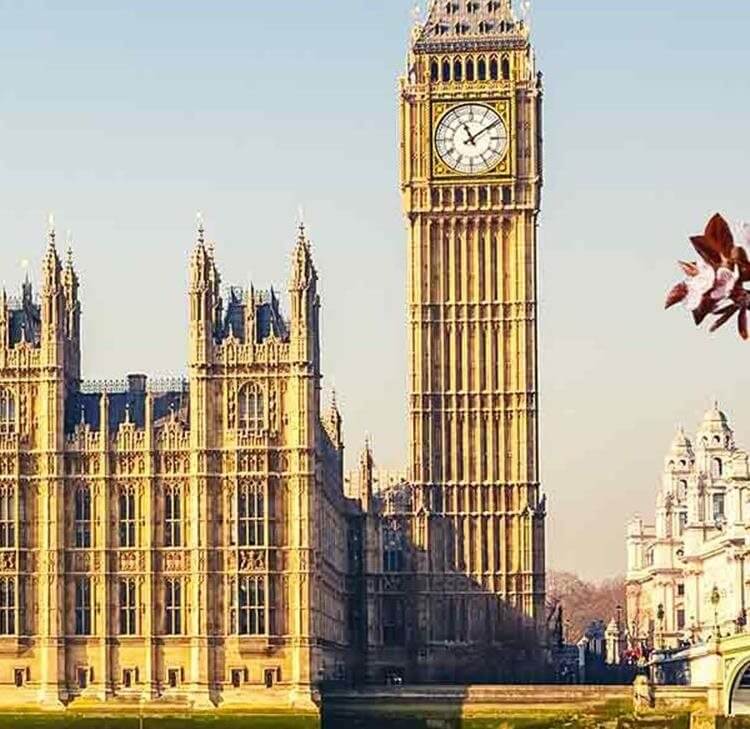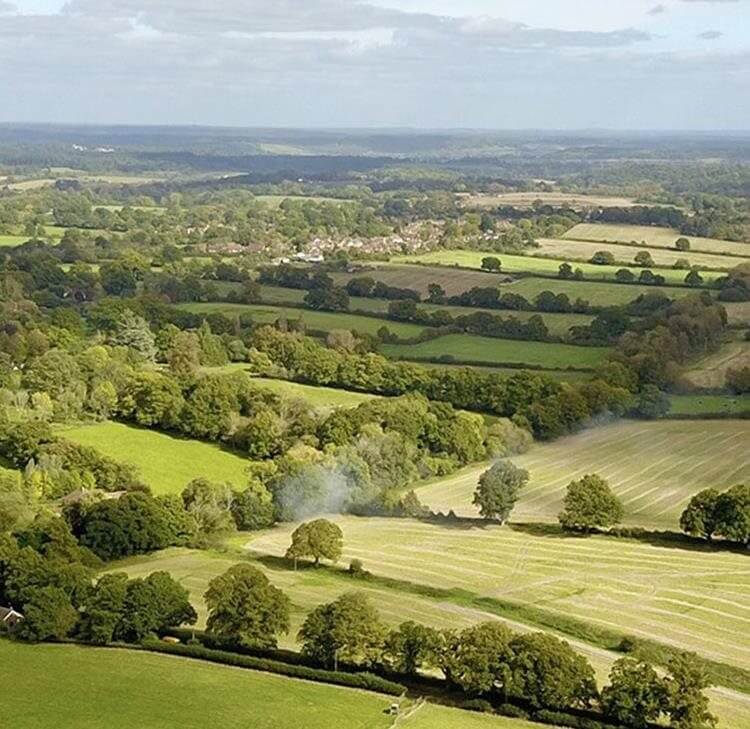The Government has published the consultation document ‘Redefining the UK subsidy control regime’, to seek the views of interested parties, including public authorities, on potential changes to two key areas of the UK subsidy control regime under the Subsidy Control Act 2022. The consultation closes on 21st January 2025.
The Subsidy Control consultation was published by the Department for Business and Trade to consult on:
- changing the thresholds for referral of subsidies to the Competition and Markets Authority (CMA)
- creating new streamlined routes for public authorities to use to deliver subsidies more quickly and easily in specific circumstances.
Broadly, the initial questions focus on potential adjustment of thresholds for the mandatory and voluntary referral of subsidies to the Competition and Markets Authority (CMA), together with the linked list of sensitive sectors. The document also seeks general feedback on the CMA referral process itself.
In respect of streamlined routes (essentially pre-approved subsidies which would not require a fresh assessment of compliance) the document asks for views on the utility of new routes for community regeneration or arts and culture and whether there are any other low risk areas which might benefit from new streamlined routes.
Finally, views are requested on whether changes to thresholds or streamlined routes might impact those with protected characteristics more than others.
Changes to thresholds for mandatory referral of subsidies
Public authorities are required to make mandatory referrals to the Competition and Markets Authority (CMA) before giving a subsidy or establishing a subsidy scheme which exceeds specific thresholds. These subsidies or schemes of particular interest (SSOPI) have a higher risk of distorting and negatively impacting competition or investment in the UK and internationally.
We believe the current thresholds should remain. While more mandatory referrals have been received than anticipated, information contained in these reports is beneficial for the implementation of the regime. With little guidance offered by case law on considerations to be made by public authorities when assessing subsidies or subsidy schemes, published reports from the CMA identifying and recommending ways a subsidy assessment could be improved provides invaluable information to public authorities which will assist them when making their own assessments. As the regime is still in its infancy, the more feedback received from the CMA through its reports the more efficient self-regulation of the regime would be. While reducing the number of referrals may benefit individual authorities by avoiding delays, this would be to the detriment of the wider public sector.
Streamlined routes
There are currently three streamlined routes where public authorities can award certain subsidies without the need to assess compliance with the subsidy control principles, provided the subsidy complies with the conditions set out in the streamlined route. Streamlined routes offer a reduced level of administration to public authorities who are often faced with limited resources and expertise to carry out bespoke assessments of subsidies or subsidy schemes. Streamlined routes also offer more legal certainty as the conditions to be satisfied are often clearer.
We would welcome the creation of more targeted streamlined routes. Local authorities, who more frequently deal with low risk, routine subsidies would benefit the most from this change as the streamlined routes would offer a greater degree of certainty of compliance with the subsidy control principles with reduced administration. More streamlined routes will also allow public authorities to design schemes that are in line with the specific routes which will provide more efficiency, save costs, and allow routine subsidies to be awarded more quickly.
Interested parties are encouraged to submit their responses to the Government consultation by 21 January 2025. If you would like us to include your views in our response, please do let us know.
Key contacts

Alex Kynoch
Partner
alex.kynoch@brownejacobson.com
+44 (0)115 976 6511










































